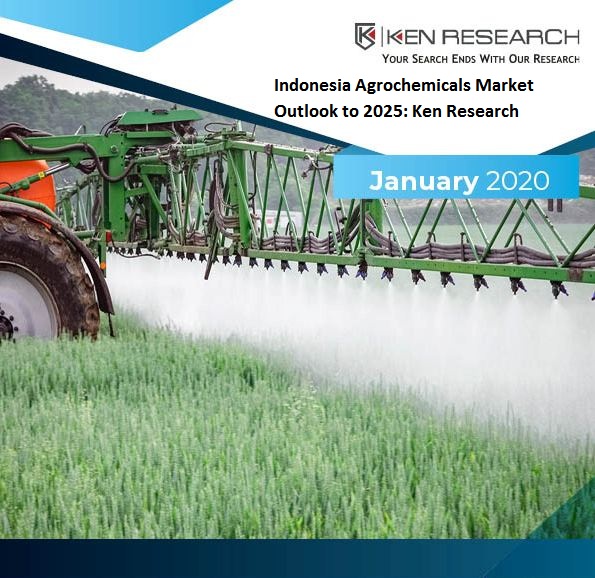More than 70% of the crop protection market in Europe is captured by five countries namely Spain, France, Italy, Germany and Poland on the basis of volume of crop protection products sold in the countries, says a report by Ken Research.
1. Challenges faced by the Agrochemical Market of Europe and the impact it leaves on the industry.

Other Challenges in Europe Agrochemical Market
Less rain was observed during the start of the season across most of the European countries affecting fungicide sales in the region. In 2019, several European countries in central Europe and some parts of Spain & France witnessed drought during the month of June and July.
Biopesticide applications are often highly specific and have very precise modes of action. Hence, it is important to educate the farmers about the appropriate procedure of biopesticide dosage, quantity, and frequency of application.
The ever-growing population is demanding cleaner food with less chemical residues. In addition to this, the continuous use of agrochemicals is identified to have adverse effects on animal life, human life, and general soil health.
2. Trends to be seen in the European Agrochemical Market.

Interested to Know More about this Report, Request For The Sample Report
Major players operating in crop protection industry have been observed to be continuously increasing the investment in research and development of new products. This has led to invention of new and innovative products thereby increasing the number of options available for farmers. In addition to this, FMC Corporation expanded their R&D expenditure by 106% in the year 2018, post the acquisition of DuPont’s crop protection business.
With increased direction from authorities and rise in demand for sustainable agriculture, it is expected that biopesticides market will continue to grow in European Countries. One way of achieving sustainable use of pesticides in the European Union is promoting the use of Integrated Pest Management (IPM) or alternative techniques such as non-chemical alternatives to pesticides.
3. Government Regulations in Europe Agrochemical Market.

Visit This Link :- Request For Custom Report
European Union regulates the companies operating in the agrochemical market in member countries. EU regulates the manufacturing, distribution, sales, usage, packaging, labeling of pesticides in EU. The decision on whether to approve an active substance is taken by the European Commission in consultation with Member States.
The aim of the REACH regulation is to improve protection of human health and the environment from the risks of chemicals and to promote sustainable development. REACH establishes procedures for collecting and assessing information on the properties and hazards of substances. Companies need to register their substances and to do this they need to work together with other companies who are registering the same substance.
The European Food Safety Authority is responsible for review of active substances used in plant protection products. Each active substance (the active component against pests/plant diseases contained in the plant protection product) has to be proven safe in terms of human health, animal health and impact on the environment.

